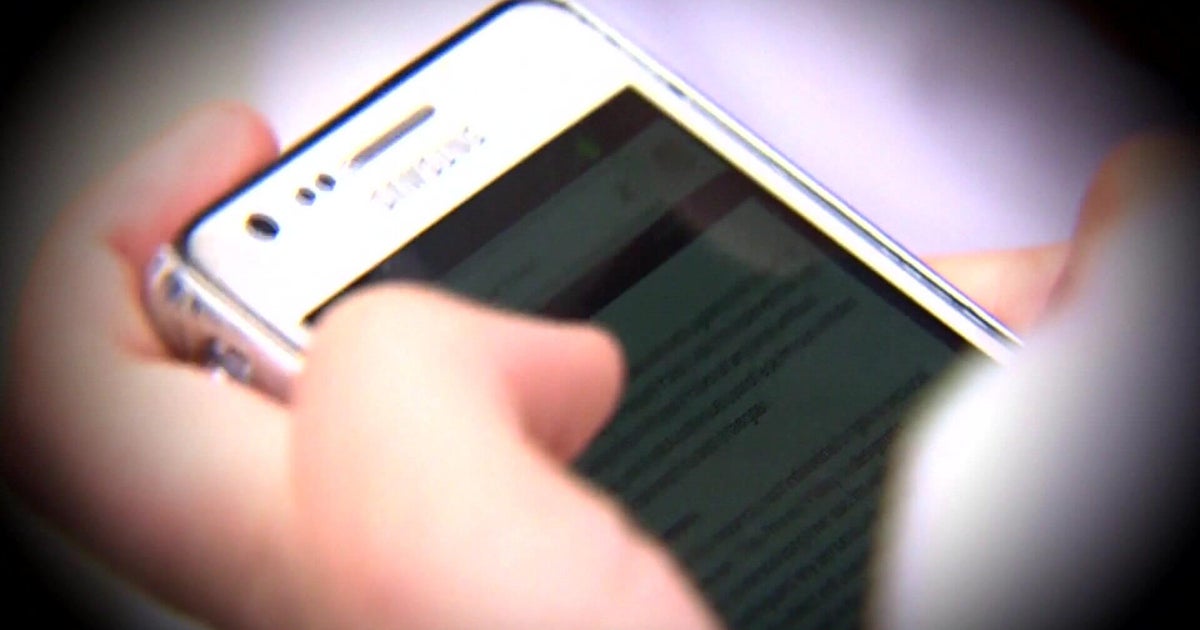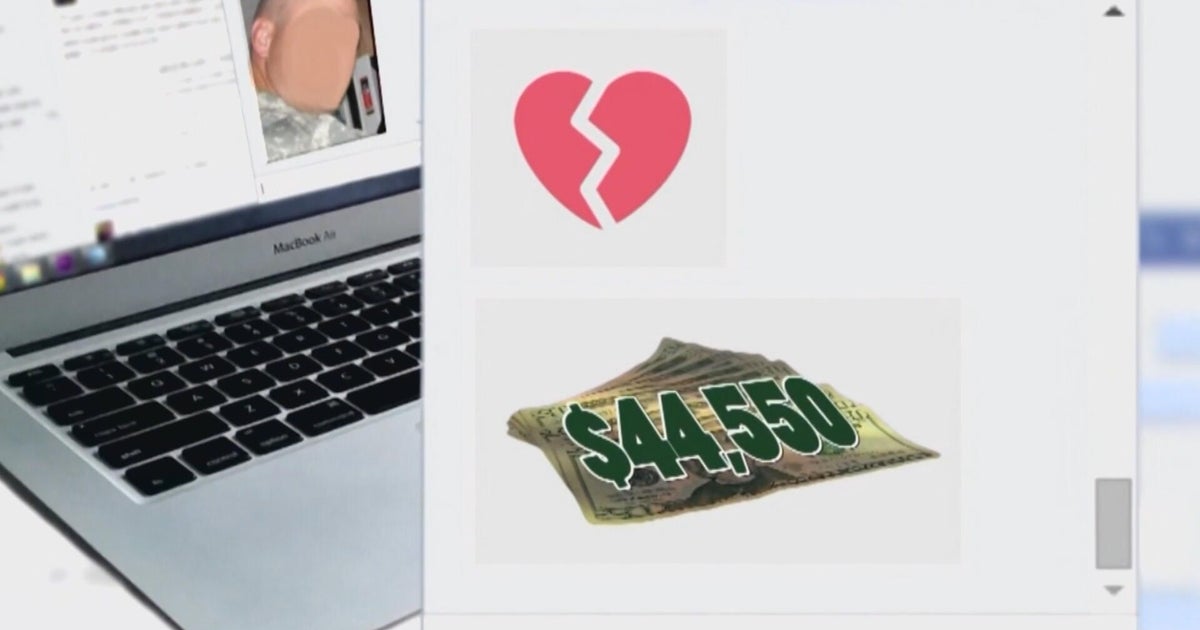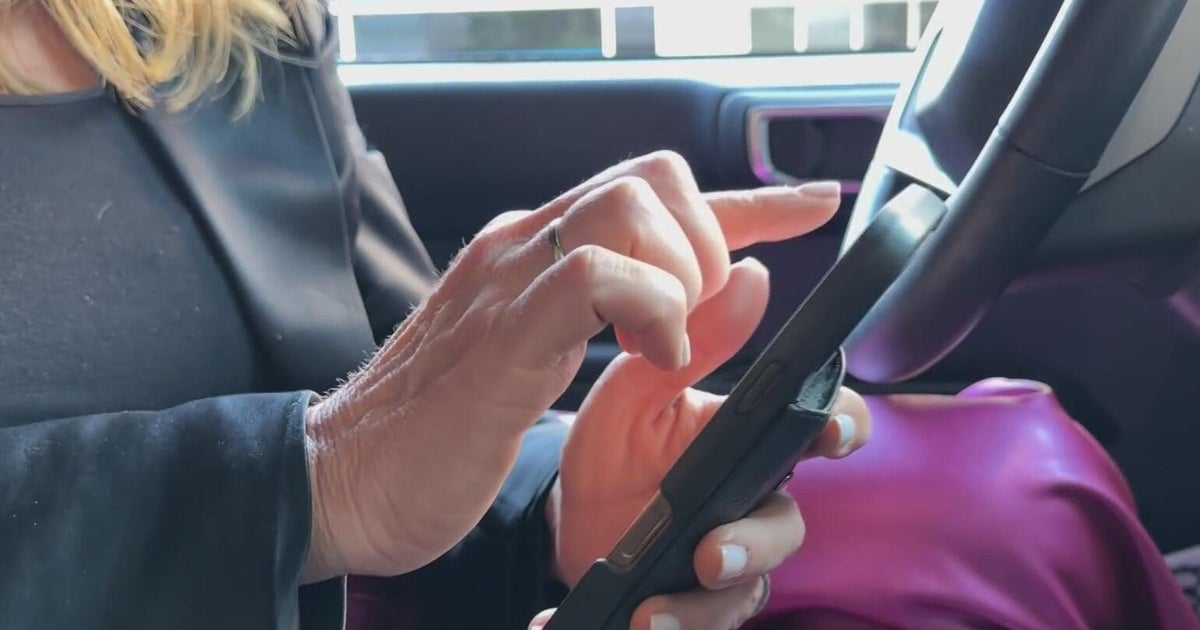Americans lose millions of dollars each year to wire transfer fraud scams. Could banks do more to stop it?
Americans are losing millions of dollars every year to criminals who steal money from their bank accounts through fraudulent wire transfers. Some U.S. senators are now pressing major banks for answers about what they are doing to stop the scammers.
In a letter to JP Morgan Chase, Citibank, Bank of America and Wells Fargo, first reported by CBS News, the Senate Banking Committee wrote, "Banks should make consumers whole for unauthorized transactions," including "fraudulently induced transactions" like wire transfers, where "a consumer was deceived or manipulated into initiating a transfer."
That's what several Chase bank customers interviewed by CBS News said happened to them. New York City resident Jennifer Davis said she lost $25,000 to a wire fraud scam.
"I was horrified," Davis said. "I was horrified. I was devastated. This was stolen from me and this is a crime."
Andrew Semesjuk of Connecticut said he lost $15,000.
"Their job is to protect our investments," Semesjuk said. "Otherwise, what's the point of putting it with a bank?"
Florida resident Nikki Kelly said she lost $48,000 from a business account.
"My life has just basically been destroyed," said Kelly.
Chase told CBS News it does reimburse customers "for unauthorized transactions" if it decides a customer had no part to play in the transaction.
But in the cases of victims that CBS News interviewed, Chase said it would not reimburse their money because Chase had determined their transactions were "authorized" — despite the victims reporting to law enforcement they were conned.
"They just left me high and dry," said Davis. "I don't understand."
Consumer experts say the problem is the federal law that protects consumers in other banking transactions, the Electronic Funds Transfer Act, or EFTA, generally exempts wire transfers, meaning banks don't have to reimburse those losses.
The National Consumer Law Center argues that loopholes in regulations should be closed to encourage banks to tighten their security procedures.
"If they knew that they were going to be on the hook and that they were going to have to reimburse consumers, I think they would have stronger security procedures," said NCLC senior attorney Carla Sanchez-Adams.
The Senate committee says in 2023, consumers lost more than $10 billion due to fraud, up 14% from the year before.
In a previous hearing on the subject, Senator Sherrod Brown, the chairman of the Senate Committee on Banking, Housing, and Urban Affairs, said consumers need better protection.
"It's on the companies. People should be able to have an expectation their money is safe," said Brown, a Democrat from Ohio.
The committee is asking the four banks to provide five years' worth of information, including how many people reported being victims and just how much money was lost.
In addition, senators are asking banks to explain what steps they take to prevent fraudulent wire transfers, and what percentage of consumers who complained may have had their transactions reversed and gotten their money back.
They are also asking for descriptions of fraud and scam prevention training programs provided to employees who interact directly with customers.
A CBS News analysis of consumer complaints reported to the Consumer Financial Protection Bureau shows complaints about domestic wire fraud to JP Morgan Chase were more than four times higher in 2023 as compared to 2020, going from 88 complaints to 355.
All four banks declined to comment on the Senate Banking Committee's letter.
Chase told us it continues to "make significant investments to protect customers from fraud and scams" and help them spot tactics used by criminals.
But in testimony before the Senate last year, Chase CEO Jamie Dimon said that it was "unreasonable" to ask banks to "subsidize" criminal activity and that the government and police should do more to stop and prosecute criminals who run wire transfer fraud scams.
Chase provided CBS News with the following statement and tips for consumers:
"Consumers should always be suspicious of people asking them for passcodes, access to their device, or money to prevent fraud. Banks won't make these requests or ask that you send money to yourself, but scammers will." – Chase spokesperson
Scam prevention tips:
Scammers can "spoof" phone numbers. The caller ID can say the call or text is from your bank even though it's not. They do this to trick people into providing their personal or financial information or to get them to send money
Remember, even if your caller ID says a call or text is from Chase, it could be a scam. When in doubt hang up and call us directly
If you want to be sure you are talking to a legitimate representative of your bank, call the number on the back of your card or visit a branch
Consumers should protect their personal account information, passwords and one-time passcodes
Banks will never call, text or email asking for you to send money to yourself or anyone else to prevent fraud
Always double check who you are sending money to – once you send money, you might not get it back.
To learn more about common scams and ways to protect yourself, visit: www.chase.com/security.
–Nicole Busch contributed reporting.
Editor's note: This story has been updated with additional information.







